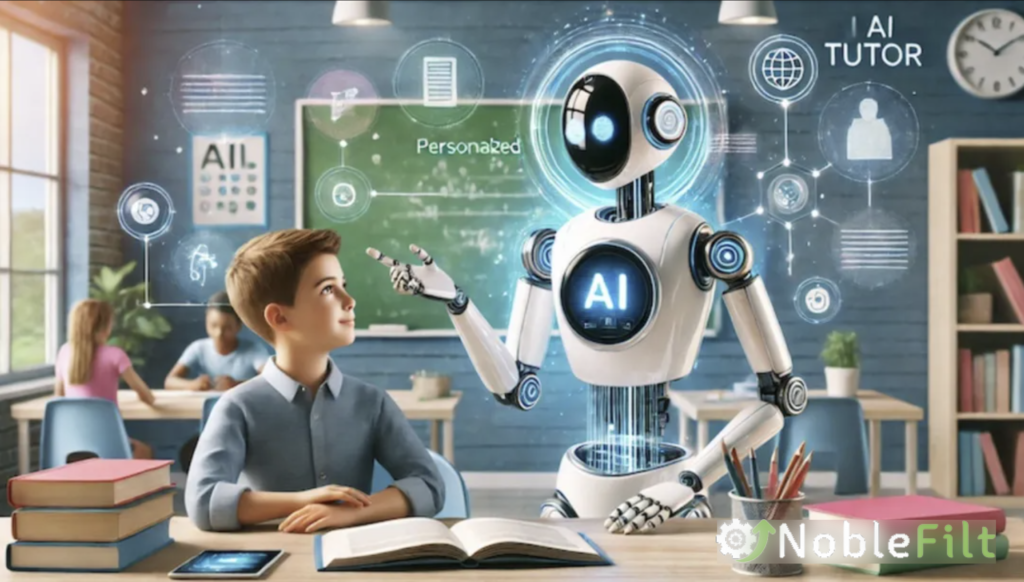As large language models (LLMs) tackle increasingly complex tasks, effectively managing and leveraging their memory capabilities has become a critical challenge. Memory layer middleware, serving as the “intelligent brain” of LLMs, plays a vital role in this process.

Introducing Mem0: A Cutting-Edge Memory Management System for AI
Mem0 is a state-of-the-art memory management system designed specifically for AI applications. At its core, Mem0 provides a persistent and adaptive memory layer that allows AI models to retain information across multiple interactions and sessions. This capability is crucial for creating truly personalized AI experiences that can learn and adapt to individual users over time.
Dynamic, Context-Aware Approach Sets Mem0 Apart
Unlike traditional memory management systems that may simply store and retrieve static information, Mem0 offers a dynamic, context-aware approach. It not only stores data but also understands the relationships between different pieces of information, prioritizes recent and relevant details, and can even “forget” outdated or less important information.
Key Features of Mem0
- User, Session, and AI Agent Memory: Retains information across user sessions, interactions, and AI agents to ensure continuity and context.
- Adaptive Personalization: Continuously improves personalization based on user interactions and feedback.
- Developer-Friendly API: Provides a simple, intuitive API for seamless integration into various applications.
- Platform Consistency: Ensures consistent behavior and data across different platforms and devices.
- Hosted Service: Offers a hosted solution for easy deployment and maintenance.
Powerful Use Cases for Mem0
Personalized AI Tutor
Long-term memory enables learning assistants to remember user preferences, past interactions, and progress, providing a more tailored and effective learning experience.

AI-Powered Travel Assistant
By storing and retrieving information across interactions, Mem0 powers personalized travel planning experiences.

Intelligent Customer Support
Customer support chatbots can provide more accurate, context-aware assistance by retaining information from previous interactions, improving customer satisfaction and resolution times.

Mem0 vs. Retrieval-Augmented Generation (RAG)
Mem0 offers several advantages over Retrieval-Augmented Generation (RAG) for memory implementation in LLMs:
- Entity Relationships: Mem0 understands and associates entities across interactions, leading to deeper comprehension of context and relationships.
- Recency, Relevance, and Decay: Mem0 prioritizes recent interactions and gradually forgets outdated information, ensuring memory stays relevant and up-to-date.
- Contextual Continuity: By retaining information between sessions, Mem0 maintains continuity in conversations and interactions.
- Adaptive Learning: Mem0 improves personalization based on user interactions and feedback, making memory more accurate and tailored to individual users over time.
- Dynamic Updates: Mem0 can dynamically update its memory with new information and interactions, allowing for real-time adjustments and improvements.
How Mem0 Works
Mem0 acts as an intelligent intermediary between AI applications and their memory storage. When integrated with LLMs, Mem0 manages the storage, retrieval, and prioritization of information.
Here’s a simplified workflow:
- As users interact with the AI, Mem0 stores relevant information from the interaction.
- In subsequent interactions, Mem0 retrieves relevant past information to provide context to the LLM.
- The system continuously updates its understanding of the most relevant information, adapting to user needs over time.
Mem0 efficiently manages and queries large amounts of data using advanced vector storage techniques, ensuring fast and relevant information retrieval.
Getting Started with Mem0
To start using Mem0 in your projects:
- Install Mem0:
pip install mem0ai- Initialize Mem0:
from mem0 import Memory
m = Memory()- Store memories for a user:
result = m.add("Likes to play cricket on weekends", user_id="alice", metadata={"category": "hobbies"})- Retrieve memories:
all_memories = m.get_all()
specific_memory = m.get("m1")
related_memories = m.search(query="What are Alice's hobbies?", user_id="alice")- Update memories:
result = m.update(memory_id="m1", data="Likes to play tennis on weekends")- Delete memories:
m.delete(memory_id="m1")
m.delete_all(user_id="alice")7. Reset all memories:
m.reset()Conclusion
Mem0 is a powerful tool for developers looking to create personalized, context-aware AI applications. By providing a dynamic, adaptive memory layer, Mem0 enables LLMs to retain and leverage information across interactions and sessions. This opens up exciting possibilities for AI-powered experiences that learn and adapt to individual users over time.
To learn more about Mem0 and explore its full capabilities, visit the official GitHub repository.






